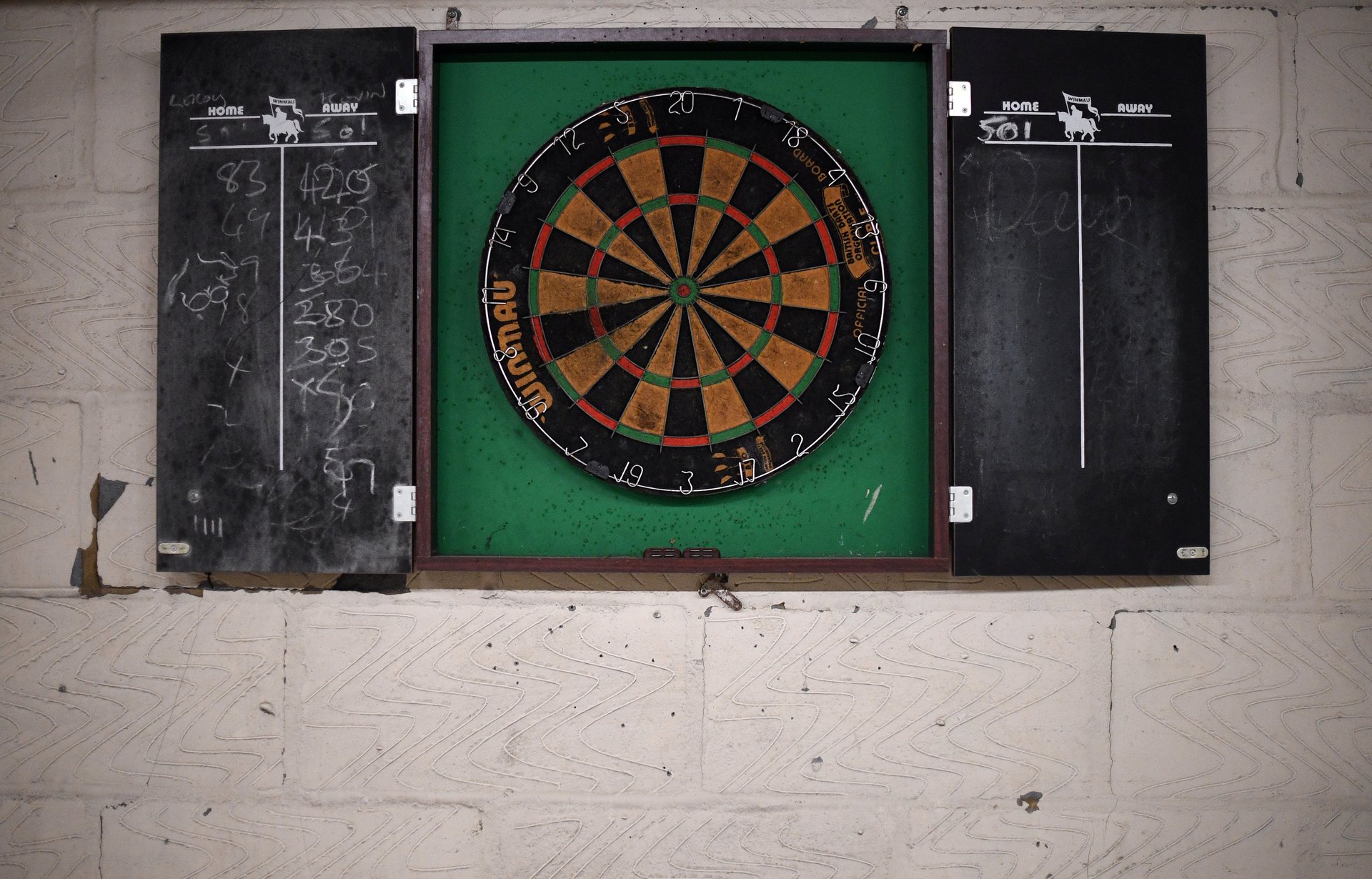The chance of a US recession in 2020 may have doubled since January
Back in January, Quartz asked the forecasters at Good Judgment Inc. to estimate the chance of a United States recession this year. The average estimate was 18%. Last week we posed the same question, to see what effect coronavirus has had on the answer. The forecasters’ average estimate doubled, to 36%.


Back in January, Quartz asked the forecasters at Good Judgment Inc. to estimate the chance of a United States recession this year. The average estimate was 18%. Last week we posed the same question, to see what effect coronavirus has had on the answer. The forecasters’ average estimate doubled, to 36%.
The Good Judgment forecasters aren’t the only ones increasingly on edge. In January, Moody’s Analytics put the chance of a US recession this year at 20%-35%; today its models put the chances between 33% and 49%.
The lower estimate comes from a model based on economic data that has not yet fully captured the impact of coronavirus, says Ryan Sweet, director of real-time economics at Moody’s Analytics. The 49% estimate comes from a model driven by financial market data and so incorporates more up-to-date information.
“The coronavirus is both a supply and demand shock, which will deliver a heavy punch to the US economy,” Sweet told Quartz by email. “A [US] recession is avoidable, but that depends on how the collective psyche holds up and the policy response.”
Meanwhile, the OECD and the IMF, as well as banks like JP Morgan, have also downgraded their estimates for global growth. The New York Federal Reserve’s real-time forecast for the US economy remains positive for both Q1 and Q2.
Good Judgment Inc. arose from research on prediction by University of Pennsylvania psychologist Philip Tetlock, and its approach to forecasting is a bit unusual. The company selects “superforecasters” based on their track record in an online forecasting tournament, and then aggregates their predictions.
The estimates provided to Quartz came from its “flash forecasting” tool, which asked about 20 forecasters to estimate “the probability that the US economy will post two consecutive quarters of GDP decline before 1 April 2021.” (A recession that began in Q4 of 2020 wouldn’t be declared until after the first quarter of 2021 because a recession is typically counted as two consecutive quarters of negative growth.)
The rapid spread of the new coronavirus provides an example of just how difficult forecasting can be. In January, not one of the Good Judgment forecasters mentioned the strange new virus already circulating in Wuhan, China. In last week’s forecasts, nearly everyone did.
But anticipating a recession isn’t the same as contending with one. Today’s market turmoil differs from the 2008 financial crisis, and policymakers will face new difficulties in addressing the economic fallout.